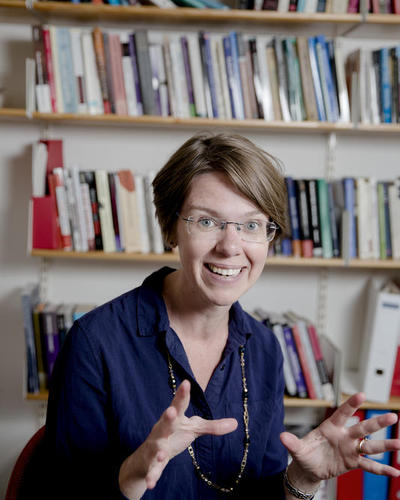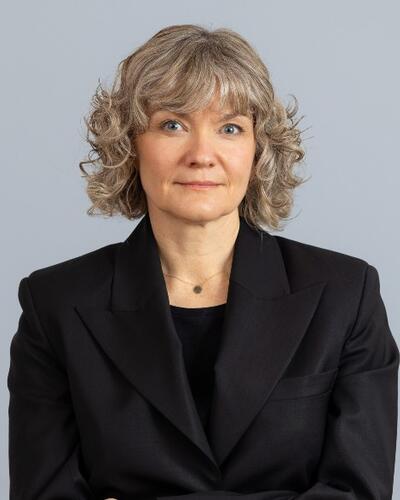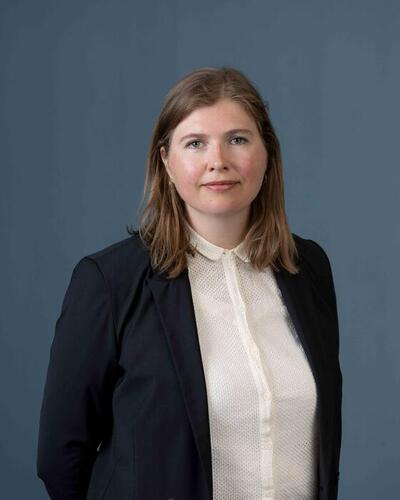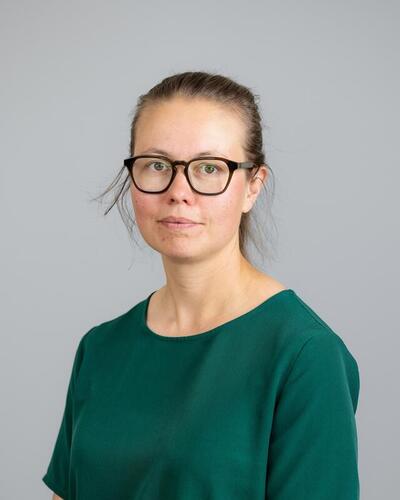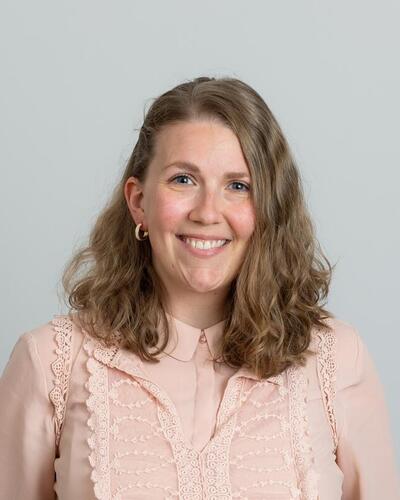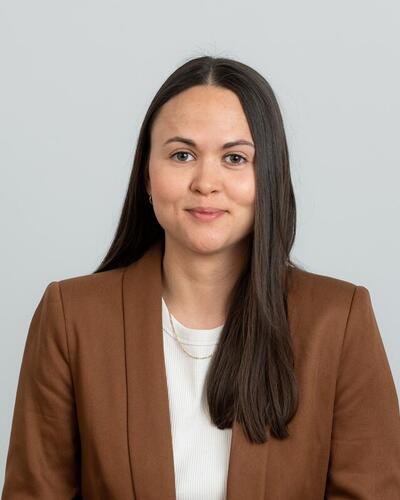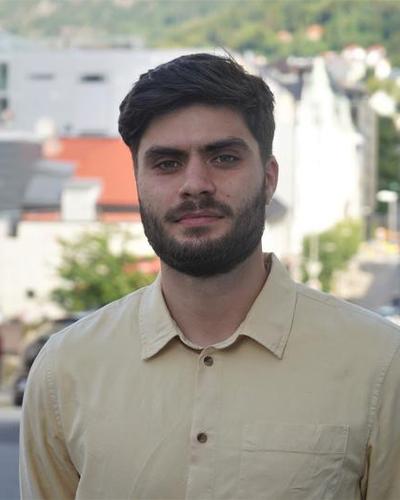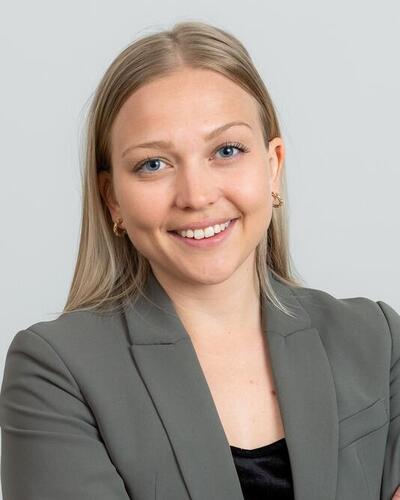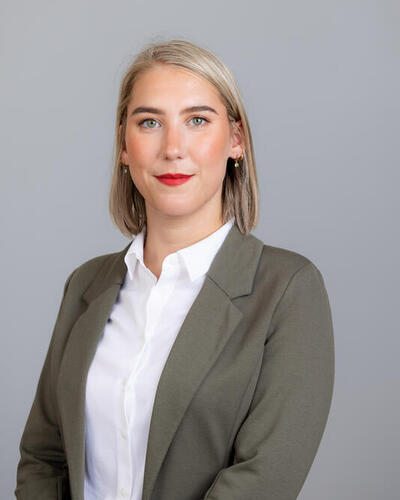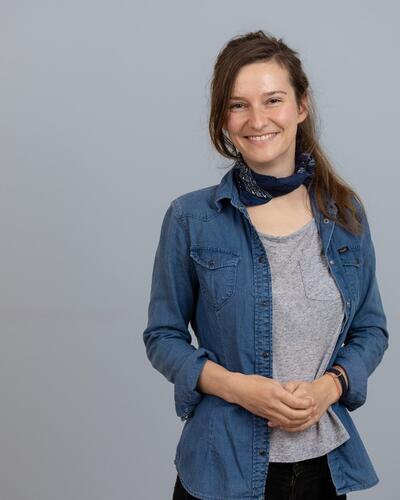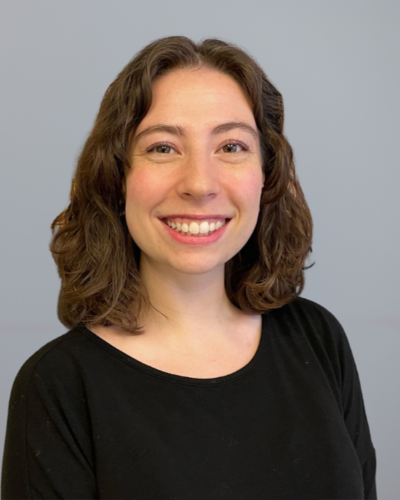Citizens and democracy
For the research group Citizens and democracy at the Department of Government, studies of opinion and society is a main interest.

Hovedinnhold
Elections, right wing populism, immigration and inclusion, political communication, gender, climate change and cleavages in class and geography are some of the themes researched by members of this research group.
Professor Elisabeth Ivarsflaten is the leader of the research group.
Ongoing projects
DIGSSCORE
- The Digital Social Science Core Facility (DIGSSCORE) is an infrastructure for advanced social science data collection and multi-disciplinary research. DIGSSCORE takes advantage of changes in technology and research methodology. Professor Elisabeth Ivarsflaten is the scientific leader of DIGSSCORE. DIGSSCORE manages the Norwegian Citizen Panel, the Norwegian Panel of Public Administrators and the Norwegian Panel of Elected Representatives. You can read more about DIGSSCORE at the webpages of the infrastructure.
- Research group members associated with DIGSSCORE:
INCLUDE
- Openings to the Inclusion of Muslim Minorities in Today’s Democracies. At the heart of contemporary politics in the old democracies in Europe and North America is a significant puzzle. How come the far right, advocating a nativist agenda particularly opposed to Muslims and Islam, is advancing at a time when public opinion research documents stability or decline in illiberal values in these populations at large? Current studies understandably focus on accounting for exclusion – opposition to Muslims, prejudice, islamophobia, and nativism. In the INCLUDE project, we expand the scope of inquiry beyond drivers of exclusion to investigate the openness of non-Muslim majorities to the inclusion of Muslim minorities. We ask, under what conditions—on what terms—are they open to inclusion? The project is run by professor Elisabeth Ivarsflaten. Read more about the project at the INCLUDE webpages.
- Research group members associated with INCLUDE:
SUCCESS
- Gender-Gap in Political Endurance: a novel political inclusion theory. The European Research Council (ERC) funded research project run by professor Ragnhild Muriaas provides a comprehensive analysis of why, how and if structural factors affect the endurance of political careers and why endurance matter for political impact. Democracies are under pressure worldwide: The political landscape is rapidly changing, with new parties emerging and old ones suffering, as voters turn away from established parties. We also witness a significant gender-gap in political endurance, meaning that women’s careers as elected representatives in parliaments tend to end quicker than men’s. This gap between men’s and women’s political endurance challenges the quality and legitimacy of democratic processes as it limits women’s chance of having a profound political impact. Read more about the project at their webpages.
- Research group members associated with SUCCESS:
ESS
- The European Social Survey (ESS) is a pan-European research infrastructure providing freely accessible data for academics, policymakers, civil society and the wider public. ESS is a research driven multinational survey, which has run every second year since 2022 in several European countries. The Department of Government is responsible for data collection in Norway. Read more about the project at the ESS pages
- Research group members associated with ESS:
PhD-projects
Finished projects
KODEM DEMO
- KODEM_DEMO was a pilot for a new, digital infrastructure for social science and interdisciplinary research. Through coordinated data collection in several sub-population panels, research on democracy and governance in Norway was facilitated. This was a collaboration between the largest research universities (UiO, NTNU and UiB), leading research environments in Norway (ISF, NORCE and UiA), and the Norwegian Center for Research Data (NSD). Included sub-population panels were the Norwegian Citizen Panel, Panel of Elected Representatives, Panel of Public Administrators and Panel of Journalists.
TERMS
- Terms of Agreement: Challenges of Muslim Inclusion. Based on the previous work of the PI (Elisabeth Ivarsflaten) and her team (Paul M. Sniderman and Stefan Dahlberg), we hypothesize that native citizens in Norway and elsewhere in Western Europe are more open to inclusion, also of Muslim minorities, than has been recognized so far. The project draws on concepts and ideas from normative political theory to identify the most relevant lines of inquiry, but it engages with this theoretical work in an empirical manner asking not what the public ought to accept, but what the public does accept. Two major challenges will be addressed: (1) which terms matter most to the majority public in questions of Muslim minority inclusion and why? (2) how can the findings on acceptable terms of inclusion be squared with evidence of extremism and the demonization of Muslims in Norway and Europe today? You can read more about the project at this webpage and find associated publications at their Cristin page.
Publications
The publications of the research group members, since their start at a Norwegian institution, is added to Cristin (Current research information system in Norway) and updated at regular intervals:
- Elisabeth Ivarsflaten
- Ragnhild Muriaas
- Corentin Poyet
- Åsta Dyrnes Nordø
- Lise Lund Bjånesøy
- Torill Stavenes
- Marta Rekdal Eidheim
- Francesca Feo
- Ida-Elise Seppola Asplund
- Soran Hajo Dahl
- Ingrid Kvåle Faleide
- Anna-Luise Schönheit
Teaching
Here we will add an overview of courses taught by members of the research group.
